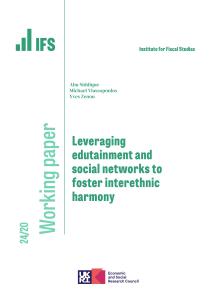This paper derives a series of simple characterisations of optimally coordinated regimes for the taxation of international capital income. The influential 'weighted average' rule of Horst (1980) is shown to presume unattractive restrictions on the set of tax instruments available, precluding any need for distorting taxes. But it is also shown that another and strikingly simple weighted average rule applies in the more compelling circumstances in which lump sum taxes are unavailable and distorting taxes (on both domestic and border-crossing capital income) optimally deployed. Horst's central conclusions prove remarkably robust, but the new rule derived here ֠which contains the other key result in this area as a special case ֠points to a role in the design of collectively optimal tax structures for restrictions on the ability to tax pure profits that has previously been neglected.










